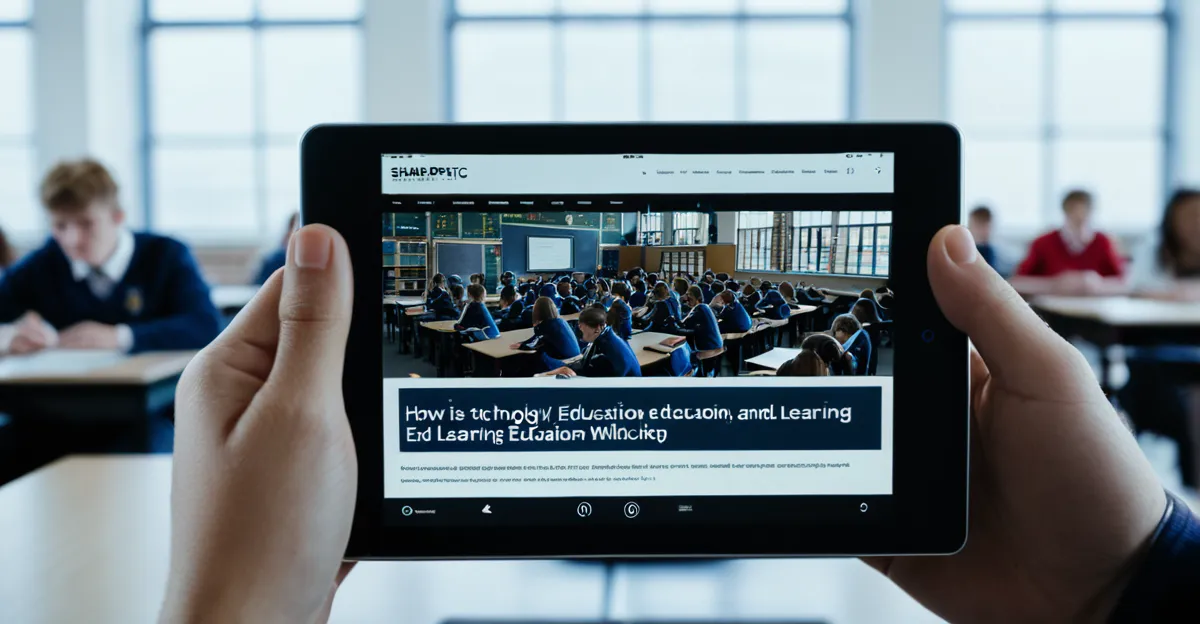Influence of UK-Developed Educational Technologies on Teaching Methods
UK educational technology has significantly transformed traditional teaching approaches by introducing digital learning tools that enhance interactivity and personalization in classrooms. These technologies encourage teaching innovation by enabling educators to move beyond lecture-based methods to more dynamic, student-centered learning.
Leading examples of UK-developed educational technologies include interactive whiteboards, virtual learning environments, and assessment platforms. These tools facilitate real-time feedback, collaborative projects, and adaptive learning experiences tailored to individual needs. For instance, digital learning tools allow teachers to customize lesson plans instantly, catering to diverse learning styles and abilities.
In the same genre : How Will Emerging UK Technology Innovations Shape Our Future Lives?
The integration of such technology encourages a shift towards blended learning models, combining face-to-face instruction with digital resources. This evolution is reshaping teacher roles to focus more on facilitation, mentorship, and personalized support rather than solely knowledge transmission.
By embedding UK educational technology in classrooms, teachers foster higher engagement and motivation among students. This progression in teaching innovation is continually supported by advancements in software and user-friendly interfaces, making it easier for educators to adopt and integrate technology effectively into their daily practice.
Topic to read : How Does the UK Technology Scene Influence Global Innovations?
Case Studies and Examples of Tech Integration in UK Schools and Universities
Exploring technology integration in UK schools reveals varied and effective applications of UK educational technology. For instance, several pioneering institutions have adopted digital learning tools like interactive platforms and virtual classrooms to enhance their curriculum delivery.
One prominent case study involves a secondary school in London that implemented adaptive learning software, which resulted in noticeable improvements in student engagement and comprehension. This technology integration in UK schools allowed educators to tailor content dynamically, addressing individual student needs and pacing. Similarly, universities incorporating virtual reality modules have enabled more immersive learning experiences, particularly in science and engineering programs.
Higher education tech advances include digital assessment platforms that streamline grading and offer instant feedback, thus supporting teaching innovation. These examples highlight how technology reshapes daily learning practices by facilitating collaboration and real-time interaction among students and staff.
Success stories emphasize the importance of training teachers to effectively use these tools and the need for robust infrastructure to sustain technology adoption. Lessons learned underscore that consistent support and clear goals are essential for maximizing the benefits of EdTech in education. Collectively, these case studies demonstrate the positive trajectory of technology integration in UK schools and universities.


